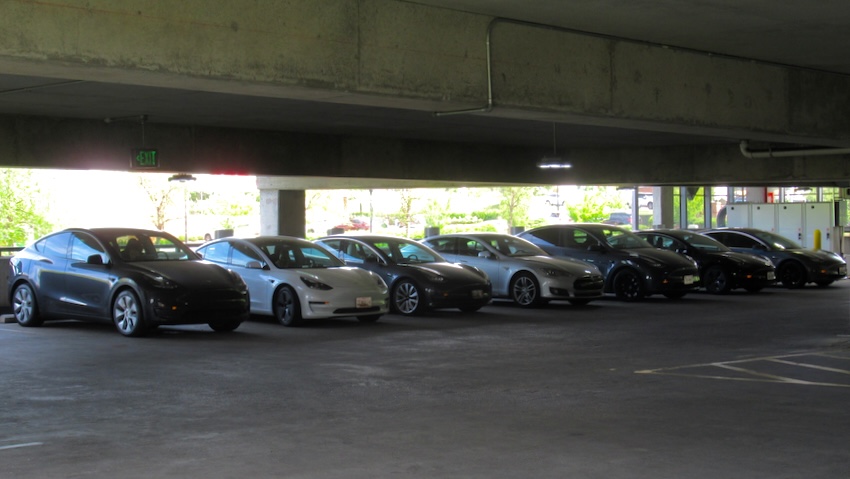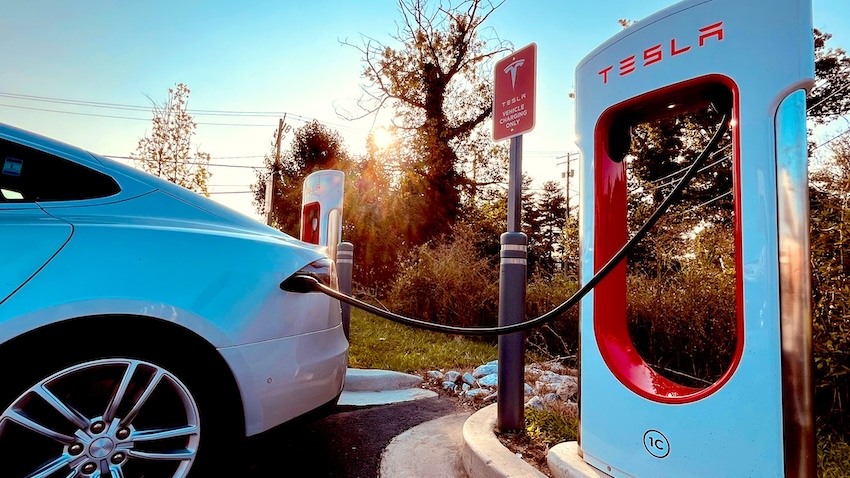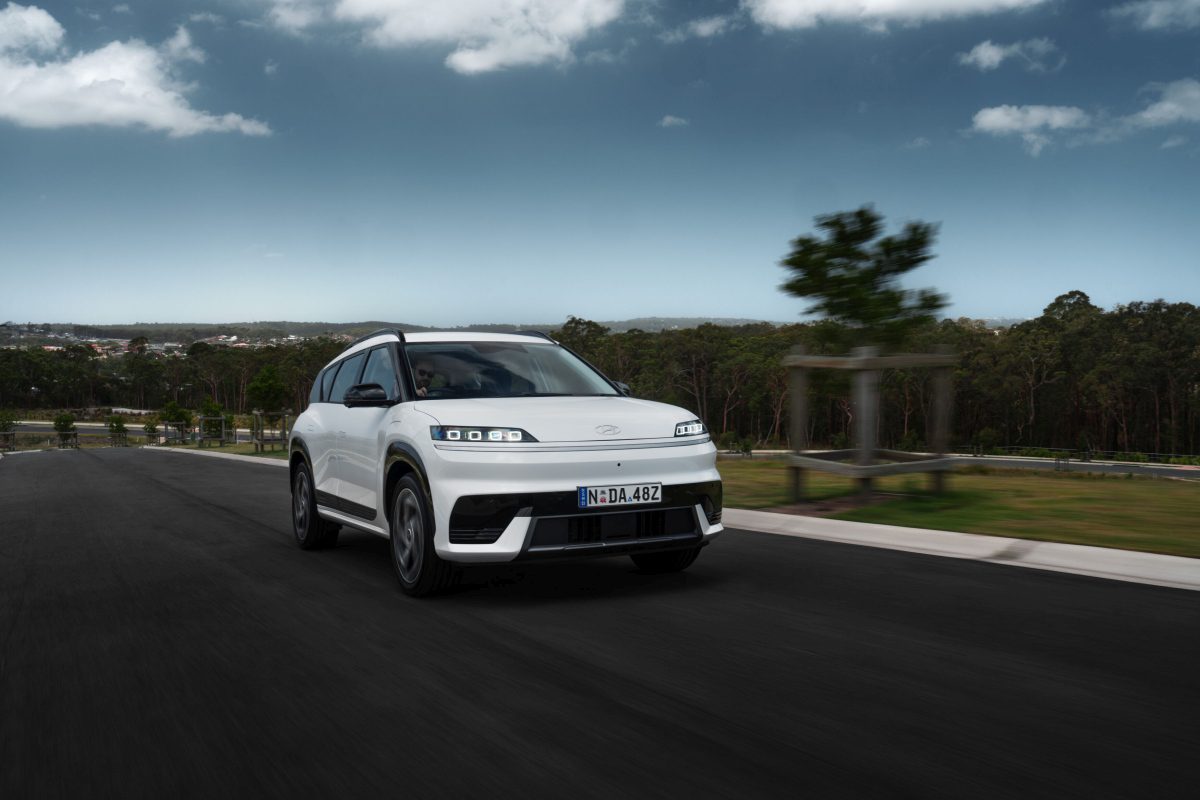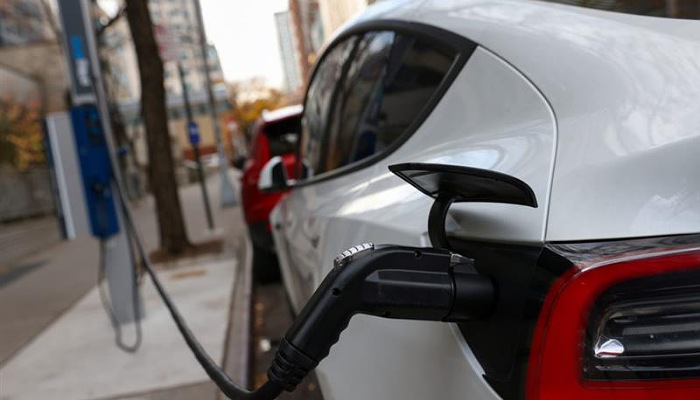
Fast Charger Showdown: Local Usage Trends in 2023
Here in Columbia, Maryland, I’ve been closely monitoring the usage patterns of nearby electric vehicle fast chargers since 2020. This includes a mix of CCS/CHAdeMO stations from EVgo, Electrify America, Baltimore Gas and Electric (BGE), and Tesla Superchargers. My approach is simple: I track the electricity consumption at each location by recording monthly meter readings and analyzing the data over time. The goal? To gain valuable insights into how fast charging infrastructure is being utilized in this region and identify trends in usage growth.
The chart above visualizes how much people utilized the fast chargers at four different locations throughout 2023. To understand this, I calculated the average daily usage per charger at each site. Here’s how I did it: I took the total electricity used each quarter, divided it by the number of days in the quarter, and then divided that daily usage by the number of fast charger dispensers at the site.
While all four locations saw an increase in usage compared to earlier quarters, there are some significant differences. The utilization rates and growth rates vary greatly between stations. Notably, in the last quarter of 2023, each Tesla Supercharger port dispensed, on average, more than three times the amount of electricity daily compared to the EVgo chargers. Interestingly, the BGE chargers, despite being less than a mile away from the Electrify America station, have a significantly lower utilization rate.
Electrify America, Columbia

The Electrify America charging station is located at a Walmart in Columbia, MD and has been in operation since November 16, 2019. The site has ten CCS dispensers, with two capable of delivering 350 kW charging and the remaining eight offering 150 kW speeds. Additionally, a single dispenser features a 50 kW CHAdeMO connector, catering to Nissan Leafs and other compatible EVs. The Columbia Electrify America site is located 2.7 miles, roughly a 6-minute drive, from I-95. It costs $0.56 per kWh plus tax. As illustrated in the chart, electricity consumption at the Columbia EA station has seen a steady increase throughout 2023 (reflected by the light green bars). This growth can be attributed in part to Electrify America’s partnerships with automakers, allowing their customers to enjoy complimentary charging sessions on the network.
BGE – Shell Recharge

While located just 3 miles (approximately 7 minutes) from I-95, this BGE-owned charging station behind a Howard County office building (commissioned June 24, 2020) currently faces underutilization. This site features six Level 2 charging ports alongside two 50 kW Efacec fast chargers. A shared meter for all eight units skews the reported usage data for the fast chargers making it appear somewhat higher than the already low average daily kWh figure.
Usage at this station has risen very slightly during 2023, making it the least utilized among the four stations compared. Currently, the fast chargers use the Shell Recharge network for billing, costing $0.32 per kWh plus a 6% tax.
The charging stations are part of a five-year EV charging pilot program approved by the Maryland Public Service Commission, which allows the utility to own and operate a limited number of public charging stations as long as they are located on local, state, or federal government property.

According to a report by BGE submitted to the Maryland Public Service Commission, this site has experienced significant financial losses as revenue from EV drivers failed to cover the cost of electricity. The most recent six-month reporting cycle generated $3,632.76 in revenue but incurred an electricity bill of $5.959.23. The total losses on electricity alone amount to $17,325.31 since the site opened.
EVgo, Elkridge

Located just 1.4 miles (approximately 4 minutes) from I-95 Exit 41, the Gateway Overlook EVgo station is the oldest among those studied, having opened in late 2014. While the equipment has undergone upgrades, each charger only offers a maximum output of 50 kW.
The site has a single J1772 Level 2 port but it is often inoperable. A Tesla connector was added in late 2021. The pricing for fast charging has changed from a per-minute model to a per-kWh fee with different prices depending on the time of day, also known as Time of Use (TOU) pricing.
Tesla, Hanover

The Hanover Supercharger, located at the Hotel at Arundel Preserve parking garage since November 14, 2019, has eight charging stalls, each delivering up to 72 kW of power. As the chart clearly demonstrates, this station reigns supreme in terms of utilization compared to the other three analyzed sites. A single Hanover Supercharger stall dispenses significantly more electricity compared to the runner-up, the Electrify America station in Columbia.
The chart reveals a pattern of consistent growth in usage at Hanover. However, it may be reaching its peak capacity. There are times when all eight stalls are occupied and drivers are waiting to charge.
Conclusion
The data collected over the past few years paints a clear picture: fast charger demand is rising in Columbia, Maryland, but utilization varies greatly. The underutilization of the BGE station stands in stark contrast to the success of the Hanover Supercharger. This highlights the need for a strategic approach to public EV charging infrastructure.
I hope this ongoing data collection and analysis project can serve as a valuable tool not only for the public to track progress, but also for policymakers and stakeholders to make informed decisions. By understanding usage patterns and identifying areas for improvement, we can create a robust and sustainable EV charging network that supports the growing needs of Maryland drivers.









